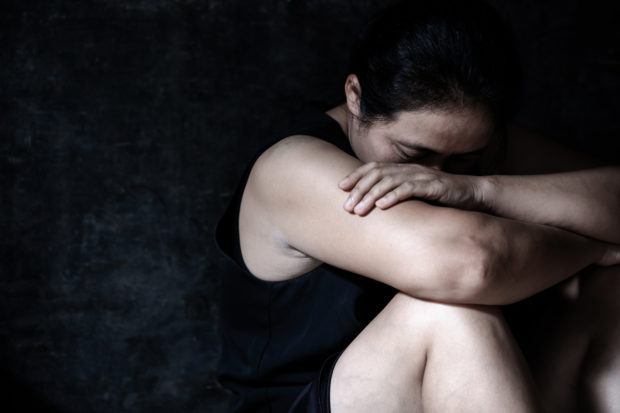SC rules women in illicit relationships are also protected by VAWC law

VAWC law does not distinguish whether the victim is a legitimate wife or not. INQUIRER.net stock photo
MANILA, Philippines — Even women in illicit relationships are protected by the provisions of Republic Act 9262 or the Anti-Violence Against Women and their Children (VAWC), the Supreme Court said.
The SC made the affirmation in the case of a 47-year old petitioner who claimed that his then 20-year old live-in partner was not entitled to the protection of the Permanent Protection Order (PPO) under the VAWC law on the ground that she was only his paramour.
The man, in his petition, claimed that while the law extends to protect a woman with whom one has or had a sexual or dating relationship, it should be interpreted to mean a relationship without any legal impediment otherwise the law would be tolerating adulterous relationships.
But the high court dismissed his contention, saying law did not make any distinction as to the legalities of their relations, thus “neither should the courts.” The high court said the man’s petition “sought to straitjacket the text and spirit of the law.”
It further affirmed that the PPO issued against the petitioner served as protection to his longtime partner to prevent further violence against her or her children.
Article continues after this advertisement“The illicitness of a relationship a woman engages in does not diminish her dignity in any way. She will be protected just the same by the law that values her and her children’s dignity and guarantees full respect for their human rights,” the SC said.
Article continues after this advertisementIt added that the law “protects women and their children from various forms of violence and abuse committed within a setting of an intimate relationship.”
The SC also nixed the argument of the man that the law defines “children or may be older but incapable of taking care of themselves. In his case, he said his children with his former partner attained the majority age when the PPO was issued.
Citing Estacio v. Estacio, a similar case of violence against women and their children, the Court said that neither RA 9262 nor the Rule on Violence Against Women and Their Children distinguishes the age at which children are included in protection orders.
RELATED STORY:
As pandemic led to crime decline, it also gave rise to abuses